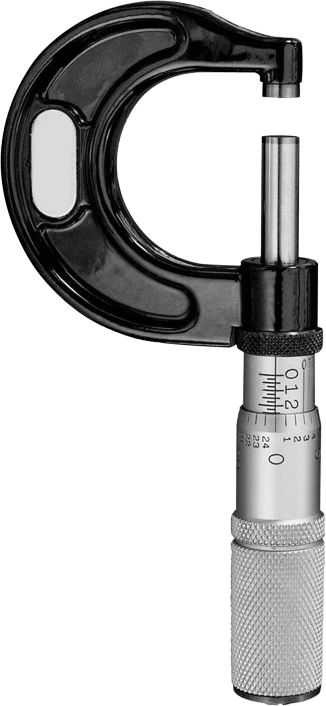
Heavy metal fabrication is pivotal in building robust and durable structures in today’s industrial world. Among the many types of fabrication, it stands out due to its focus on large-scale, high-strength applications. But what exactly is it, and what makes it essential in industrial work? Let’s delve deeper into this crucial industry process.
What is Heavy Metal Fabrication?
It involves shaping, cutting, and assembling large pieces to create solid and reliable products. It typically uses steel, iron, and aluminium, known for their durability. Skilled engineers and artisans apply various techniques, such as welding, bending, and machining, to fabricate items ranging from industrial equipment to construction components—some methods, like sheet metal fabrication, craft thinner but equally sturdy components for specific projects.
This process requires expert precision and heavy-duty machinery capable of handling and manipulating large sheets or bars. The result is a wide range of products and structures that can withstand harsh conditions in construction, marine environments, or large-scale industrial equipment.
It is essential because it enables the production of custom, durable, and long-lasting components. These elements are often the foundation of vital infrastructure, heavy machinery, and industrial tools that require exact specifications and unbeatable strength. With such fabrication, the modern world could create the skyscrapers, bridges, and vehicles we rely on today.
Benefits of It:
It offers a range of valuable benefits, especially for industries requiring strength, durability, and precision. Let’s explore these benefits in more detail:
Durability
One primary reason for this is its unmatched durability. Steel and iron are highly resistant to environmental factors such as extreme temperatures, corrosion, and physical wear. This makes fabricated structures perfect for projects that need to withstand harsh conditions, such as construction, automotive, and shipbuilding. The long lifespan of these materials reduces the need for frequent repairs or replacements, offering long-term value.
Customisation
It allows for a high degree of customisation. Whether you need specific sizes, shapes, or designs, the fabrication process can be tailored to meet exact requirements. Engineers and fabricators use techniques such as cutting, bending, and welding to create components that fit precise specifications. This level of flexibility makes it an excellent choice for industries like architecture, where unique or specialised parts are often required.
Strength-to-Weight Ratio
Materials such as steel have an exceptional strength-to-weight ratio, meaning they are solid without being overly heavy. This feature is essential in large construction projects like bridges, high-rise buildings, and industrial equipment, where materials must support significant weight without adding unnecessary bulk. Materials with this high strength-to-weight ratio allow for safer, more efficient designs.
Cost-Effectiveness
While metal materials can appear more expensive initially, they are cost-effective in the long run. The efficiency of the fabrication process allows for mass production of components at lower costs per unit. Furthermore, the durability of these materials means they require fewer repairs or replacements over time, saving money on maintenance.
Sustainability
Sustainability is a growing concern in today’s world. Fortunately, many metals, such as steel and aluminium, are fully recyclable. This means that the components can be reused or repurposed at the end of their life cycle, reducing projects’ environmental impact. Industries focused on eco-friendly practices benefit significantly from their sustainability.
Precision and Accuracy
It uses advanced machinery and computer-controlled equipment to ensure precise cuts, bends, and welds. This results in components that meet exact measurements and specifications, reducing errors and improving the quality of the final product. Precision ensures safety and performance for a large-scale infrastructure project or a small custom part. Techniques like sheet metal fabrication help ensure that even more intricate details are handled with expert accuracy.
Need Expert Metal Fabrication?
If you seek precision, reliability, and expert craftsmanship, look no further than Melfab Engineering. With years of experience in metal fabrication, we offer tailored solutions that meet the highest standards. Our skilled team ensures that every project is completed with a focus on durability and quality, ensuring your industrial needs are met efficiently and effectively.
We believe in providing exceptional customer service, ensuring that our clients receive products that are not only sturdy but also cost-effective. Whether you need customised parts or mass production of essential components, we’ve got you covered.

